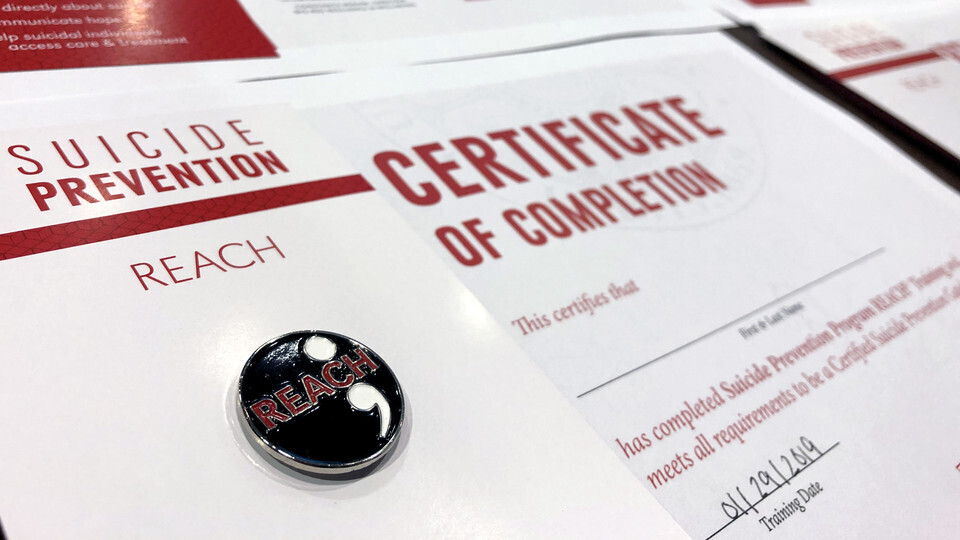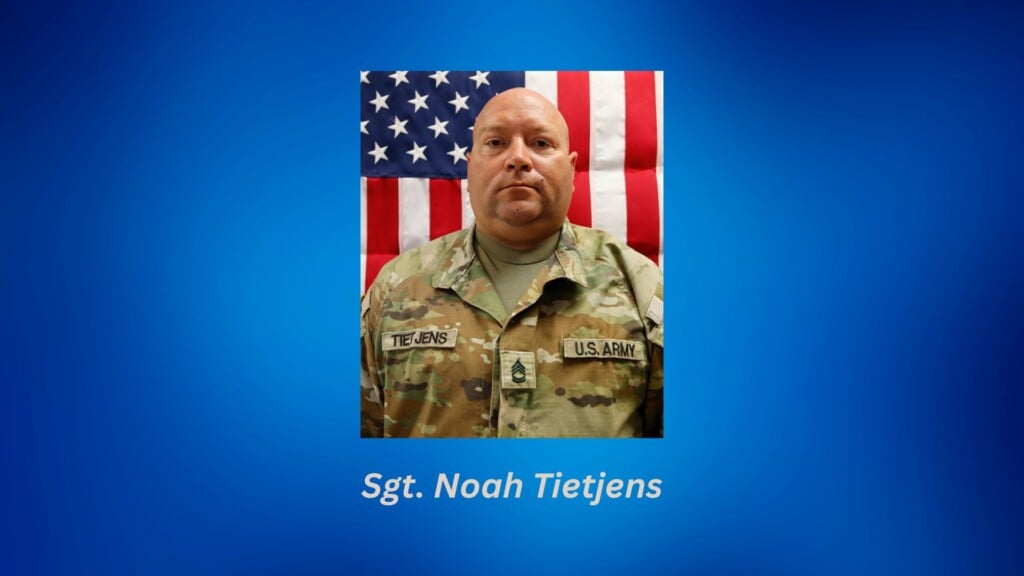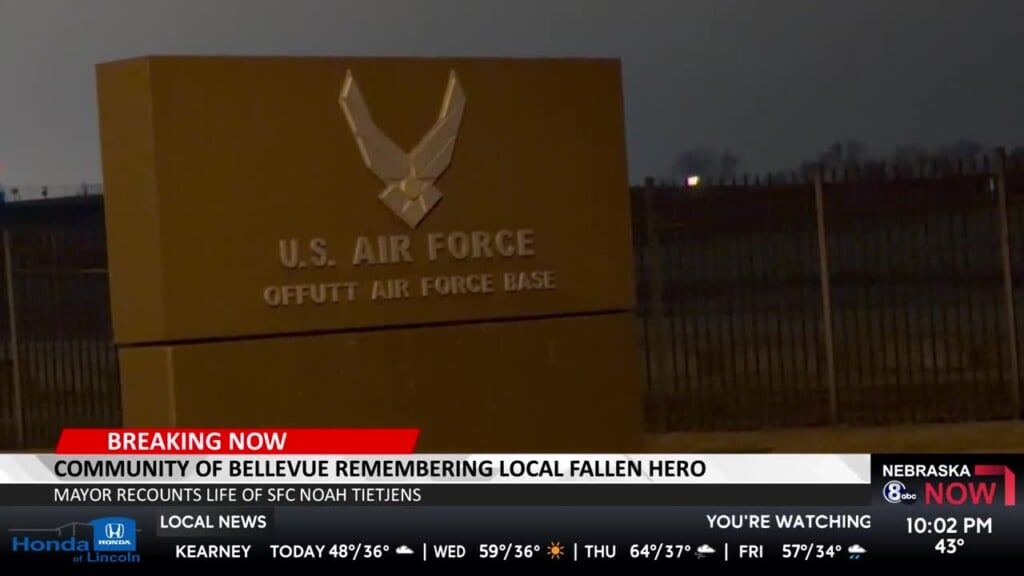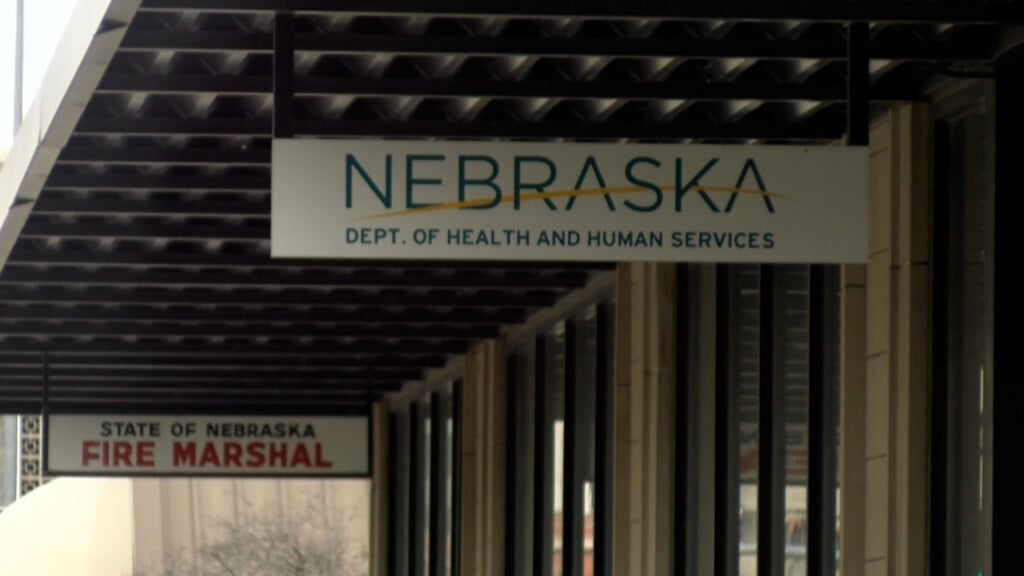Interest in UNL’s suicide prevention training program is increasing
Officials are now planning to create a storytelling campaign to destigmatize conversations about suicide and mental health

LINCOLN, Neb. (KLKN) – Since the launch of Big Red Resilience and Well-Being in 2018, over 5,000 students, faculty and staff at the University of Nebraska-Lincoln have completed REACH training.
REACH training prepares people to prevent suicide by learning the risk factors, warning signs and intervention techniques.
The name of the program is an acronym:
- R: Recognize warning signs;
- E: Engage with empathy ;
- A: Ask directly about suicide;
- C: Communicate hope;
- H: Help suicidal individuals access care and treatment.
“It’s super inspiring seeing these individuals request the trainings,” said Abbey Ragain, suicide prevention coordinator at Nebraska. “It’s encouraging knowing there are students who want to do this.”
This year, interest in the training program has increased significantly.
“Something is different about this year, though,” said Connie Boehm, director of Big Red Resilience and Well-Being. “They’ve (our trainings) been full where in the years past they have not.”
According to Boehm, the program is planning to create a storytelling campaign to destigmatize conversations about suicide and mental health as well as to weave trainings into classes and learning communities.
Currently trainings are only offered in group settings, but Big Red Resilience and Well-Being is looking into offering individual, drop-in trainings to accommodate people who may not be comfortable in a large group.
Big Red Resilience and Well-Being encourages more students, faculty and staff to become trained in suicide prevention because friends and family can be the first line of prevention and support.



